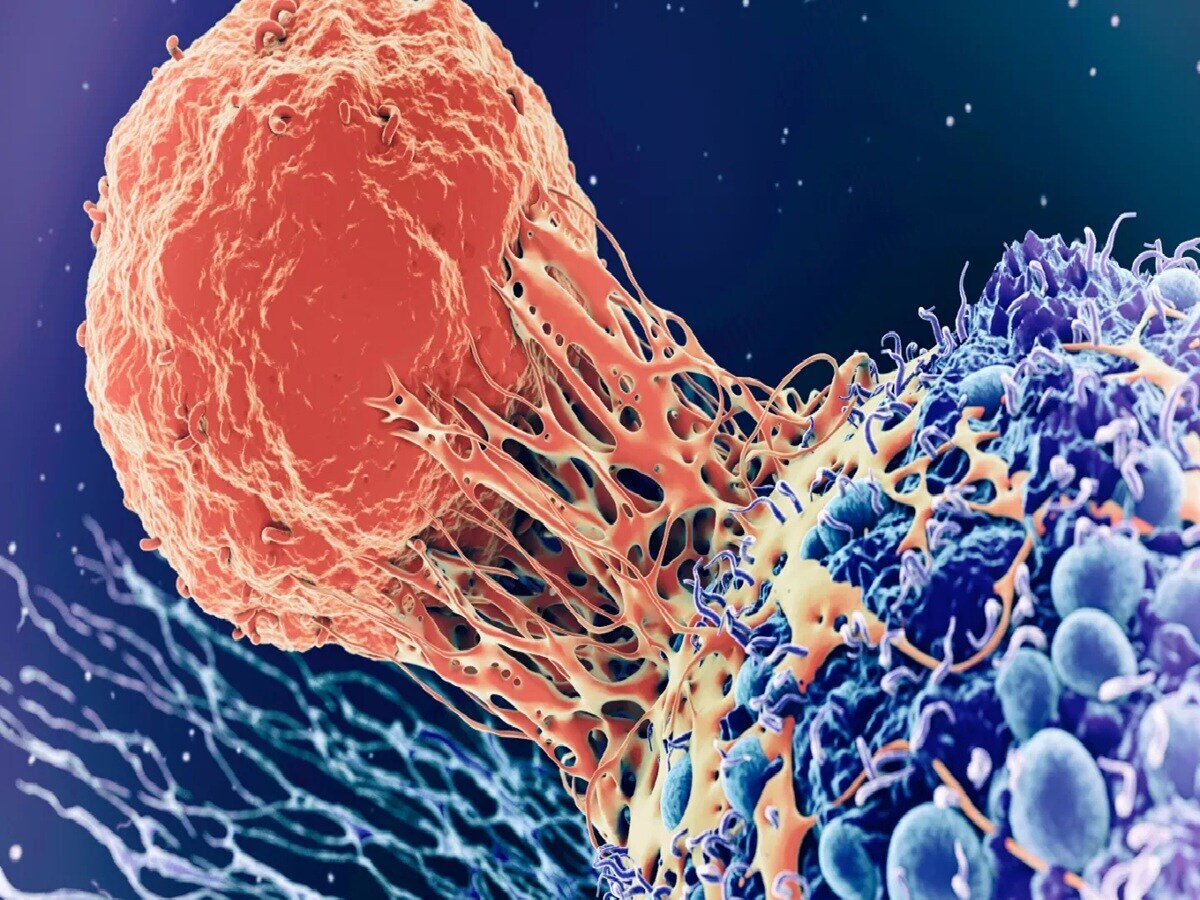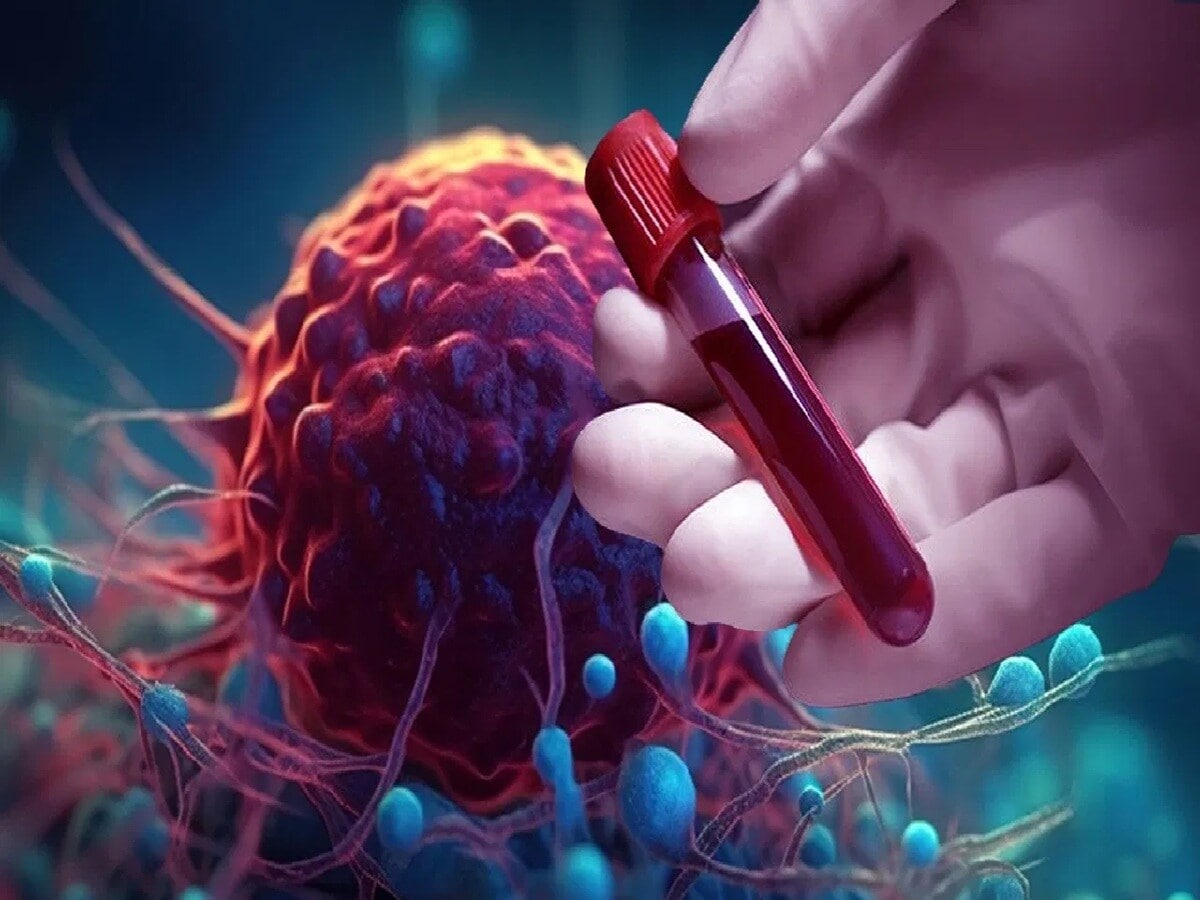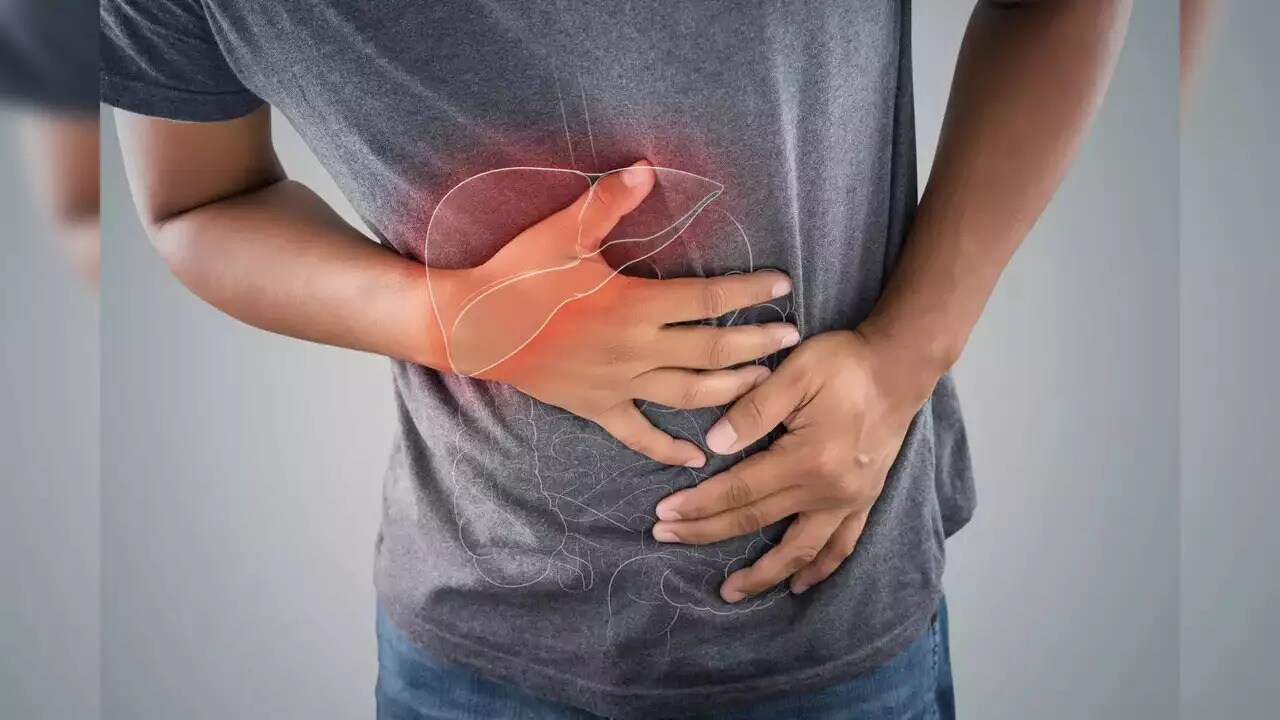Cancer remains a serious and life-altering illness. While treatments have improved dramatically in recent years and a wide range of medications is now available, many people continue to find the diagnosis of cancer deeply frightening. Symptoms can vary significantly depending on the type of cancer and the individual, and stomach cancer is no exception.

Medical experts note that in some cases, individuals may notice discomfort or digestive symptoms upon waking. While these signs are not exclusive to stomach cancer, persistent symptoms should not be ignored.

One of the early indicators of stomach cancer may be abdominal pain or discomfort, sometimes noticed when the stomach is empty; such as first thing in the morning. If this pain recurs or is accompanied by a persistent burning sensation in the upper abdomen, it is important to seek medical advice. This discomfort may mimic indigestion or heartburn, but unlike common digestive complaints, it often does not respond to over-the-counter remedies.

Stomach cancer is a malignant tumour that arises from the lining of the stomach. Most cases are adenocarcinomas, which develop slowly from the cells that produce mucus in the stomach lining.

As with many types of cancer, early diagnosis significantly improves treatment outcomes. Unfortunately, stomach cancer is frequently diagnosed at an advanced stage, which makes it more difficult to treat effectively. That’s why recognising potential warning signs is so important.

Morning symptoms that may signal stomach cancer includes ongoing discomfort in the stomach, particularly when empty, may be due to irritation from a tumour. While this is more often caused by gastritis or ulcers, persistent or worsening pain should be evaluated by a GP, especially if it lasts for more than a few weeks.

Also, frequent nausea, especially when it occurs without a clear reason, could signal a deeper issue. Tumours can sometimes partially obstruct food passage through the stomach, leading to nausea or a feeling of fullness. Morning nausea can also occur due to overnight digestive activity, but if persistent, particularly if accompanied by vomiting blood, immediate medical attention is required.

Symptoms may also include loss of appetite or feeling full after eating only a small amount, or a noticeable drop in morning appetite, caused by a growing tumour limiting stomach capacity. Over time, this can lead to reduced food intake and unintentional weight loss.

Sudden, unintentional weight loss is often a red flag. Cancer can interfere with the body’s ability to absorb nutrients, leading to fatigue, weakness, and rapid weight changes. If you wake feeling unusually tired, or find your clothes becoming looser without dieting or increased activity, speak to your doctor.

Blood from a stomach tumour may appear in the stool, often making it dark or tarry in appearance. Sometimes, this internal bleeding is not visible to the naked eye but can be detected in stool tests. This symptom warrants prompt investigation.

Many of the symptoms mentioned can be caused by conditions other than cancer, such as acid reflux, ulcers, or infections. However, if they persist or worsen, it’s essential to consult a healthcare professional. Early intervention greatly improves the chance of effective treatment.






